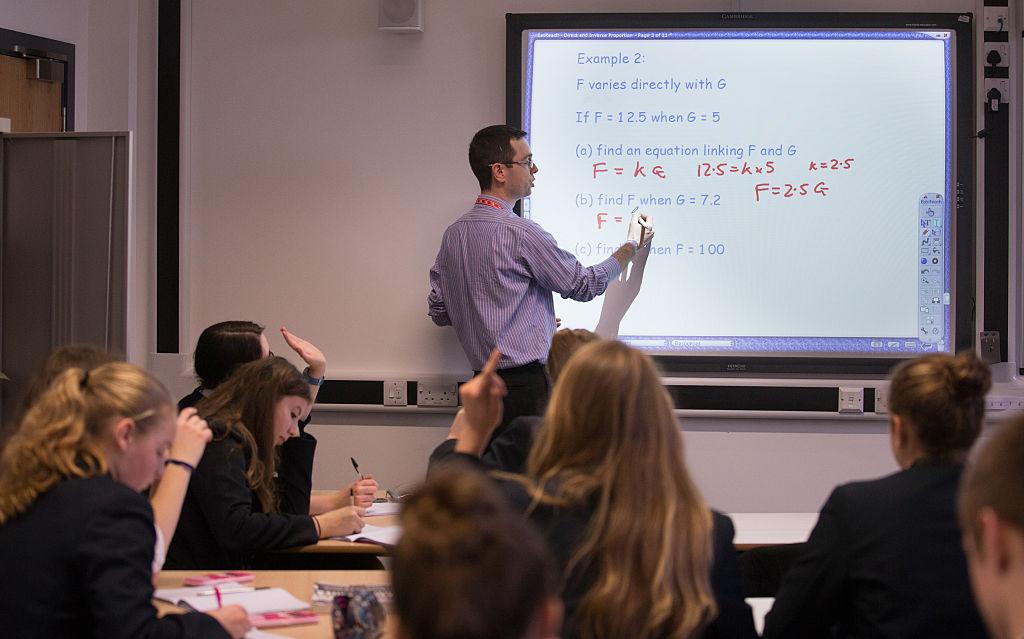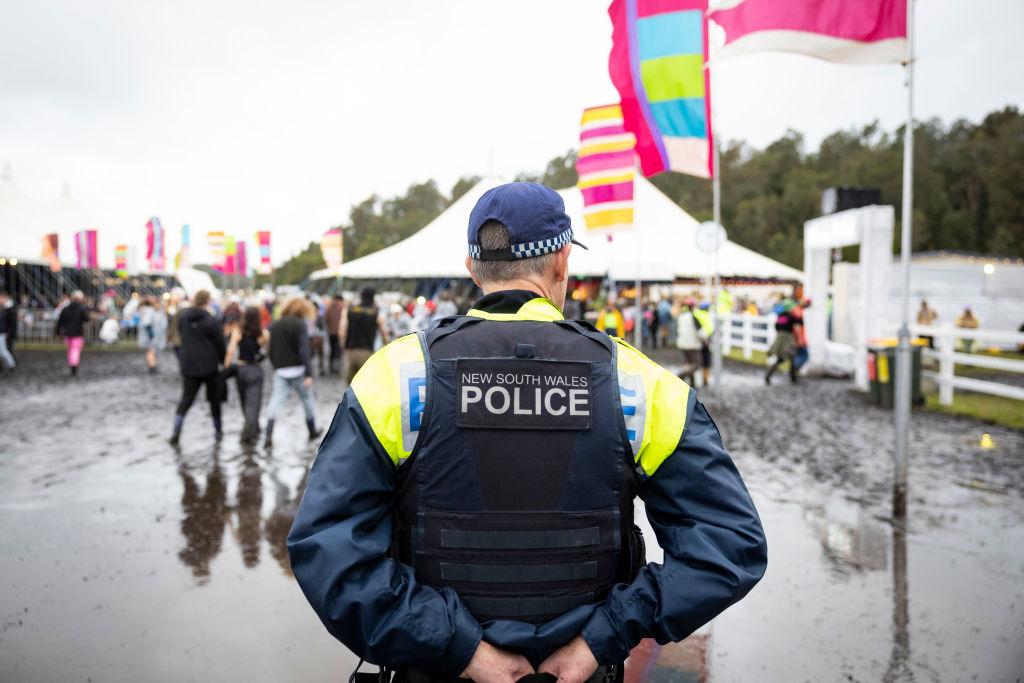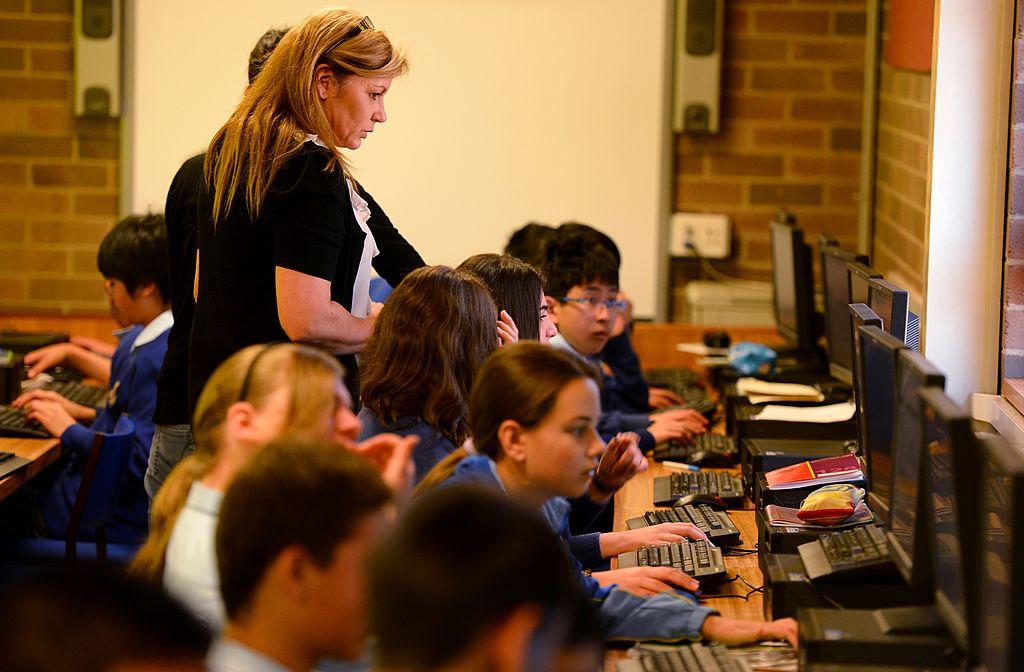The Independent Education Union of Australia (IEUA) has welcomed the NSW Education Standards Authority’s (NESA) decision to keep offering mathematics as an optional subject for Years 11 and 12 students.
The previous New South Wales (NSW) Berejiklian government intended to mandate math for all students in Years 11 and 12 from 2026, but that plan has just been scrapped.





